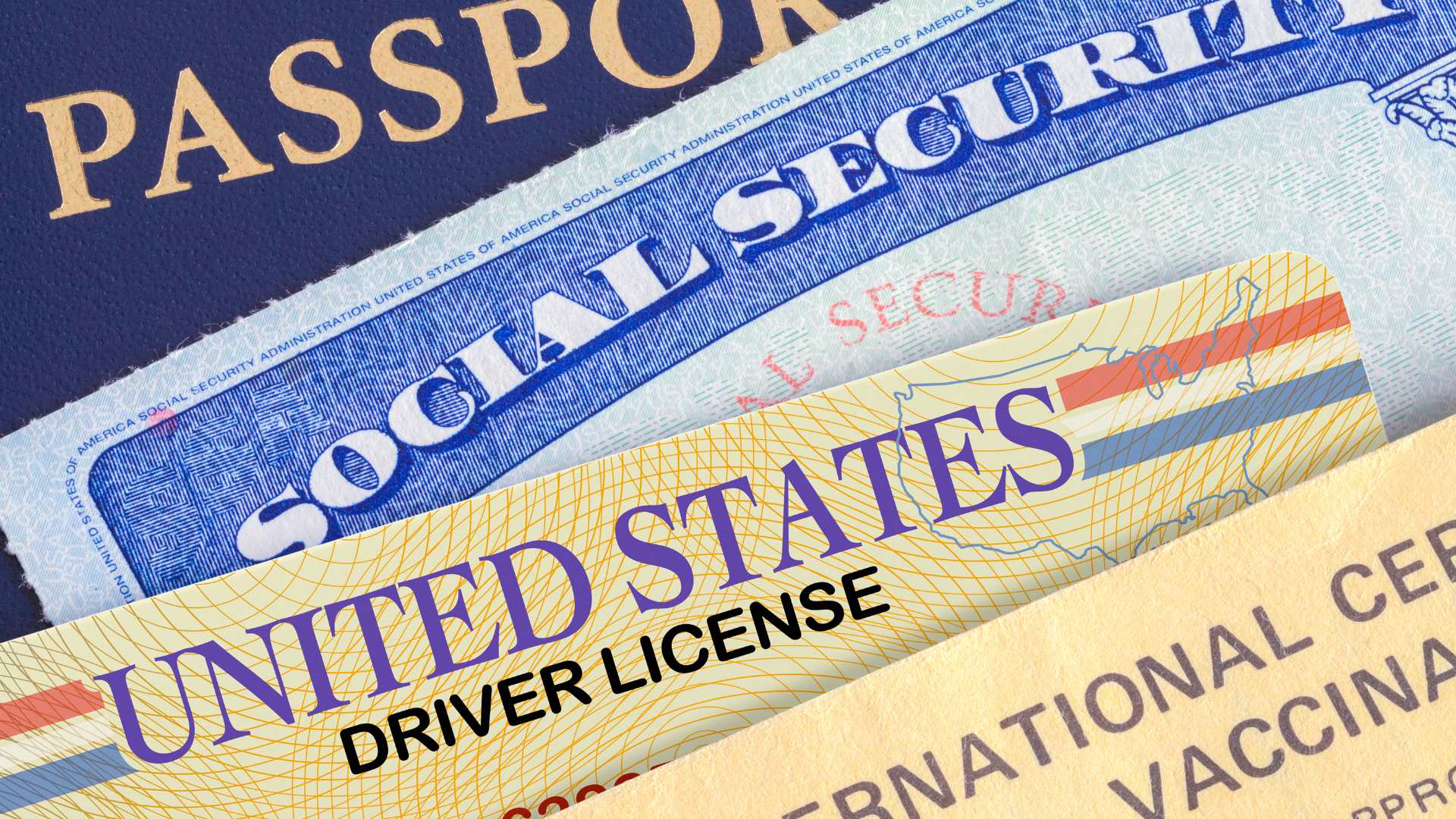Moving is a significant life event that comes with a slew of tasks, including packing, organizing, and scheduling. Amidst all the hustle and bustle, it’s easy to overlook the importance of safeguarding your essential documents during the transition. Whether you’re moving to a new city, state, or even country, certain documents should always be kept close at hand to ensure a smooth and stress-free move. In this guide, we’ll walk you through the crucial documents you should have on hand when moving.
1. Personal Identification Documents
Your personal identification documents are the most critical items to have when moving. These include:
- Driver’s License: This is your primary form of identification when it comes to everyday transactions. Make sure your driver’s license is up to date and have it with you at all times.
- Passport: If you’re moving internationally or even within your country, keeping your passport readily available is crucial.
- Birth Certificate: While you may not use it regularly, having your birth certificate can be necessary for various official transactions and situations.
2. Medical Records
Your medical records are invaluable, especially if you have existing health conditions or ongoing treatments. Make sure to have copies of:
- Medical History: Include information about your current and past medical conditions, surgeries, allergies, and immunization records.
- Prescription Medications: Keep a list of all prescribed medications and the dosage. It’s also a good idea to have a supply of essential medications to cover your needs during the moving period.
- Health Insurance Information: Ensure you have access to your health insurance cards and details in case of emergencies.
3. Financial Documents
When it comes to your finances, you’ll want to have your records in order. Key financial documents to keep on hand include:
- Bank Statements: Have recent bank statements available, as they might be required for various transactions, such as setting up a new bank account.
- Tax Records: Keep copies of recent tax returns, as they are often needed when applying for a new job, renting a home, or handling financial matters.
- Mortgage and Lease Documents: If you’re selling your current property or ending a lease, have the necessary documents at the ready.
4. Moving-Related Documents
As you embark on your move, several documents will pertain specifically to the process itself. These include:
- Moving Company Documents: If you’ve hired a professional moving company, keep copies of your signed contract, estimates, and any relevant correspondence.
- Inventory Lists: If your moving company provides you with an inventory list, ensure you have a copy to verify that all your items arrive safely at your new home.
- Utility Bills: Maintain records of your final utility bills, such as electricity, water, and gas, for your previous residence.
5. Legal Documents
Various legal documents are essential to have, including:
- Wills and Trusts: Ensure you have your will, trusts, and any related legal documents in a safe and accessible place.
- Marriage and Divorce Papers: If applicable, keep copies of your marriage certificate and divorce papers.
- Adoption Records: If you’re an adoptive parent, have all adoption-related documents on hand.
6. Academic Records
If you have children, it’s important to keep their academic records secure. These include:
- School Transcripts: If your children are changing schools, you’ll need their transcripts to enroll them in their new educational institution.
- Immunization Records: Many schools require up-to-date immunization records for enrollment.
7. Employment Documents
If you’re moving due to a job change or transfer, ensure you have:
- Offer Letter: Keep a copy of your offer letter, employment contract, or any relocation-related documents.
- Resume and References: Having an updated resume and a list of professional references can be beneficial during a job search or new employment arrangements.
8. Miscellaneous Documents
Lastly, don’t forget about any additional documents that might be relevant to your specific situation, such as:
- Insurance Policies: Keep copies of health, life, auto, and property insurance policies.
- Vehicle Registration and Title: If you’re bringing your vehicle, ensure these documents are easily accessible.
- Pet Records: If you’re moving with pets, have their vaccination records and any relevant permits or licenses.
How to Safeguard Your Documents
To ensure your essential documents remain secure and accessible during your move, consider the following tips:
- Use a Portable File Box: Invest in a portable file box with dividers to keep your documents well-organized and easily transportable.
- Make Copies: Create digital copies of your documents and store them on a secure cloud drive or an external hard drive. This backup can be a lifesaver in case of loss or damage.
- Color Code: Use color-coded folders or labels to distinguish different categories of documents, making it easier to locate what you need quickly.
- Keep a Travel Folder: Designate a folder or envelope as your “travel folder” to hold essential documents you’ll need on the move.
- Take Precautions: Store your documents in a waterproof and fireproof container to protect them from unforeseen accidents.
- Notify Your Moving Company: If you’ve hired a moving company, inform them about the presence of your important documents. They can take additional precautions to ensure their safety.
- Carry Personally: Whenever possible, carry your essential documents with you personally rather than packing them in boxes.
In conclusion, moving is a significant life event that requires careful planning and organization. Safeguarding your essential documents is a crucial part of this process. By keeping your personal identification, medical, financial, moving-related, legal, academic, employment, and miscellaneous documents secure and accessible, you’ll be well-prepared to navigate the challenges of relocation with confidence and ease.


.svg)


